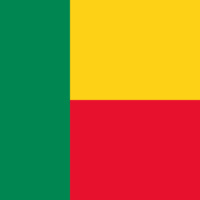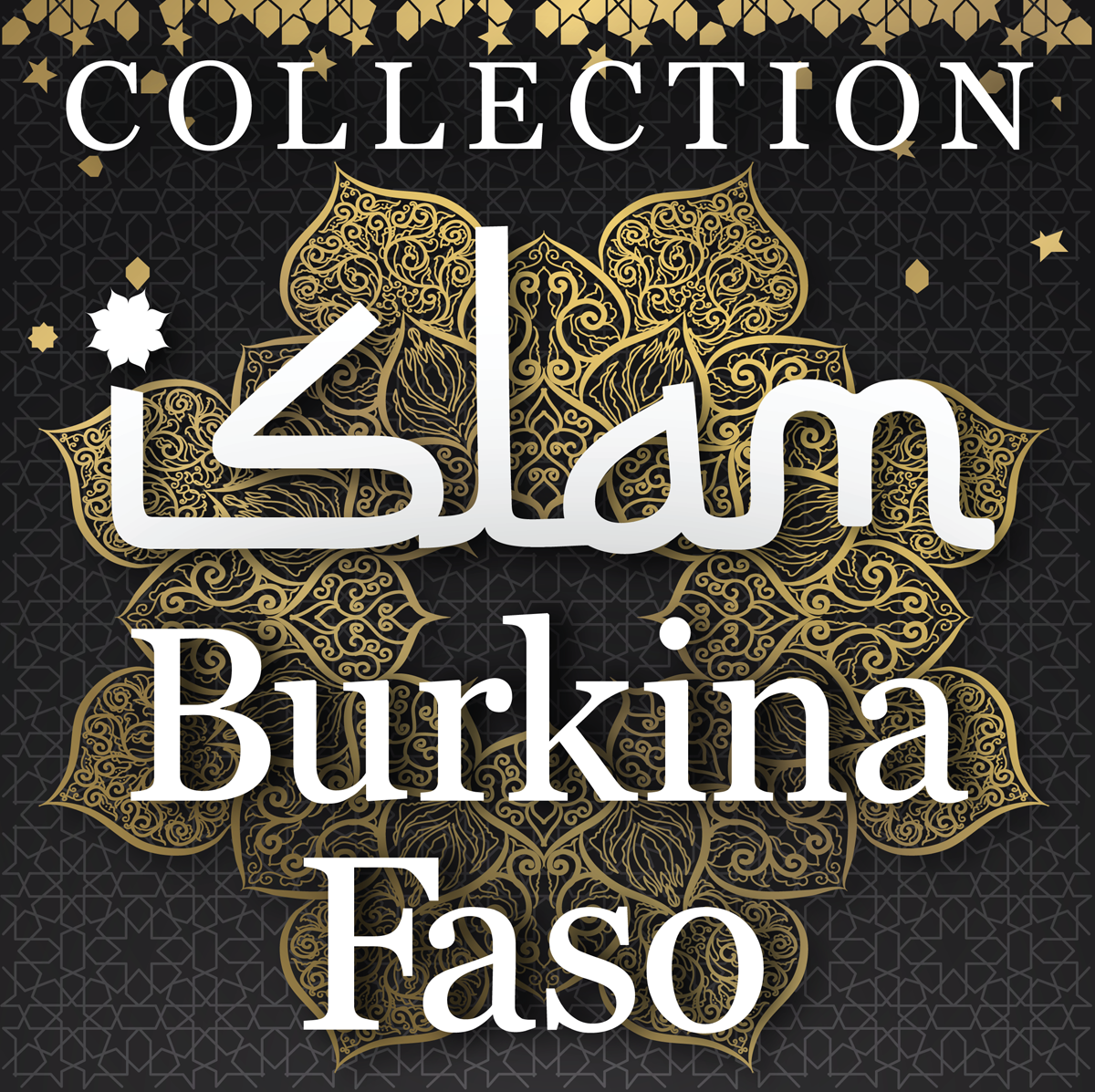-
Titre
-
Benin
-
liste des rédacteurs
-
Fleet, Kate
-
Krämer, Gudrun
-
Matringe, Denis
-
Nawas, John
-
Rowson, Everett
-
Résumé
-
en
Northern and southern Benin (formerly Dahomey), which lie in different economic and cultural areas, have been traversed since early times by merchants and by the alfas (a local term for Islamic scholar) who accompanied them and introduced Islam. Islam arrived in the north beginning in the tenth/sixteenth century, or at the end of the eighth/fourteenth, but was not established permanently along the coast until the nineteenth century. Muslim merchants from the north are first mentioned, in 1116/1704, by the Chevalier des …
-
Book Title
-
Encyclopaedia of Islam, THREE
-
numéro d’édition
-
3
-
Place of Publication
-
Leiden
-
Editeur
-
Brill
-
Date
-
2014
-
ISBN
-
978-90-04-26961-3
-
Couverture spatiale
-
 Bénin
Bénin
-
extracted text
-
BrillOnline.com
BrillOnline Reference Works
Home > Middle East and Islamic Studies > Encyclopaedia of Islam > Encyclopaedia of Islam,
THREE > Benin
Encyclopaedia of Islam, THREE
Benin
(1,002 words)
Northern and southern Benin (formerly Dahomey), which lie in different economic and
cultural areas, have been traversed since early times by merchants and by the alfas (a local
term for Islamic scholar) who accompanied them and introduced Islam. Islam arrived in the
north beginning in the tenth/sixteenth century, or at the end of the eighth/fourteenth, but was
not established permanently along the coast until the nineteenth century. Muslim merchants
from the north are first mentioned, in 1116/1704, by the Chevalier des Marchais (Étienne
Reynaud Desmarchais, c. 1683–1728), a French cartographer and navigator. It was, however,
after the treaties abolishing the Atlantic slave trade (1807 and 1820) that Islam was established,
having been introduced overland, by Hausa and Yoruba merchants coming from Nigeria, and
by sea, beginning in 1850, with the return of freed slaves from Brazil.
The Islam of Benin is peaceful and tolerant, in the tradition of al-Ḥāj Salīm Suwari (fl. middle
and late ninth/fifteenth century), and it helped instill in the Soninke merchants their
characteristics of devotion to Islam and to trade, pacifism, and keeping aloof from politics.
Coexisting harmoniously with local and Christian religions, its adherents represent 24 percent
of the population that declares a religion (census of 2002), and it became the religion of the
majority in the north during the second half of the twentieth century, although it remained a
minority religion in the south.
The Qādiriyya and Tijāniyya ṭuruq (Ar. pl. of ṭarīqa, lit. “way,” hence “order”) came from Nigeria
(the Qādiriyya, now widespread across the Muslim world, is named for ʿAbd al-Qādir Jīlānī, d.
561/1166, a Ḥanbalī scholar active in Baghdad, who became, after his death, the namesake and
patron of the order; the Tijāniyya, which dominated much of North and West Africa, was
founded in Tlemcen, in Algeria, in 1195/1781 by Aḥmad b. Muḥammad al-Tījānī, d. 1815). The
Tijāniyya replaced the Qādiriyya and split up after the death of Ibrāhīm “Niass” in 1975, with the
�Niassist Tijāniyya subsequently dominating the Islamic brotherhoods. Mystical Islam was
renewed with the arrival of two ṭuruq in Porto Novo during the 1990s: the Niʿmatullāhī order
(going back to the Iranian shaykh and poet Shāh Niʿmatallāh Walī, d. 834/1430–1), and the
ʿAlawiyya order (going back to the Algerian scholar and poet Abū l-ʿAbbās Aḥmad al-ʿAlawī, d.
1934), who recruited their followers from among the educated and liberal bourgeoisie. The
1990s, years of so-called “democratic renewal,” were characterised by the greater visibility of the
religious in public spaces and the proliferation of religious groups, among which were some
transnational proselytising currents: the Aḥmadiyya (a messianic movement founded in the
1880s, in the Panjāb, by Ghulām Aḥmad, d. 1908), and the Tablīghī Jamāʿat (a missionary
organisation founded in India around 1927 by Muḥammad Ilyās, d. 1944, and established
worldwide after 1947).
As in all African countries, reform movements driven by graduates from Arab universities
returning home beginning in the 1980s oppose the Ṣūfī brotherhoods and advocate a return to
an Islam purged of cultural and magical practices. They concentrate their efforts on education,
especially on the opening of madrasas that offer part of their teaching in French, the language
of the daʿwa (lit., an invitation, addressed to men by God and the prophets, to believe in the
true religion). This reform movement is heterogeneous: the more radical members, who call
themselves Ahl al-Sunna (people of the Sunna, or tradition)—although practically all Beninese
Muslims are Sunnīs—advocate a literal reading of the scriptures, the confinement of women,
and the moralisation of society.
The actors in this “renewal” or “awakening” of Islam, as they themselves refer to their
movement, have focused their strategy on the control of the mosques and are opposed to
hereditary succession to the imāmate. Conflicts of succession reflect the struggle of the younger
members against the gerontocracy and the authority of the notables.
Despite the conflicts that regularly shake the protean Islamic communities, the brotherhoods
maintain their influence and resist the reforms that attract followers, especially youth, but
many Muslims remain untouched by those conflicts, do not belong to a brotherhood, and do
not respond to the reformist discourse.
Denise Brégand
Bibliography
Galilou Abdoulaye, L’islam béninois à la croisée des chemins. Histoire, politique et développement,
Cologne 2007
Denise Brégand, Muslim reformists and the state in Benin , in Benjamin F. Soares and René
Otayek (eds.), Islam and Muslim politics in Africa (Basingstoke and New York 2007), 121–36
�Denise Brégand, La Ahmadiyya au Bénin , Archives de Sciences Sociales des Religions 135 (2006),
73–90
Denise Brégand, Les Wangara du Nord- Bénin face à l’avancée du fondamentalisme. Étude
comparative à Parakou et Djougou, Islam et Sociétés au Sud du Sahara 13 (1999), 91–102
Denise Brégand, Commerce caravanier et relations sociales au Bénin . Les Wangara du Borgou,
Paris 1998
Louis Brenner, Controlling knowledge. Religion, power, and schooling in a West African society,
London 2000
Jean Baptiste Labat, Voyages du chevalier Des Marchais en Guinée, îles voisines, et à Cayenne faits
en 1725, 1726, 1727, 4 vols., Paris 1730
Paul Marty, Études sur l’Islam au Dahomey, Paris 1926
Marie Miran, D’Abidjan à Porto Novo. Associations islamiques et culture religieuse réformiste
sur la côte de Guinée, in Laurent Fourchard, André Mary, and René Otayek (eds.), Entreprises
religieuses transnationales en Afrique de l’ouest (Paris 2005), 43–72
René Otayek (ed.), Le radicalisme islamique au Sud du Sahara, Paris 1993
Benjamin Soares and René Otayek (eds.), Islam and Muslim politics in Africa, Basingstoke 2007
Benjamin F. Soares, Islam and the prayer economy. History and authority in a Malian town,
Edinburgh 2005.
Cite this page
Brégand, Denise, “Benin”, in: Encyclopaedia of Islam, THREE, Edited by: Kate Fleet, Gudrun Krämer, Denis Matringe, John Nawas, Everett Rowson.
Consulted online on 05 May 2017 <http://dx.doi.org.acces.bibl.ulaval.ca/10.1163/1573-3912_ei3_COM_24014>
First published online: 2014
First print edition: 9789004269613, 2014, 2014-2
�
 Bénin
Bénin
